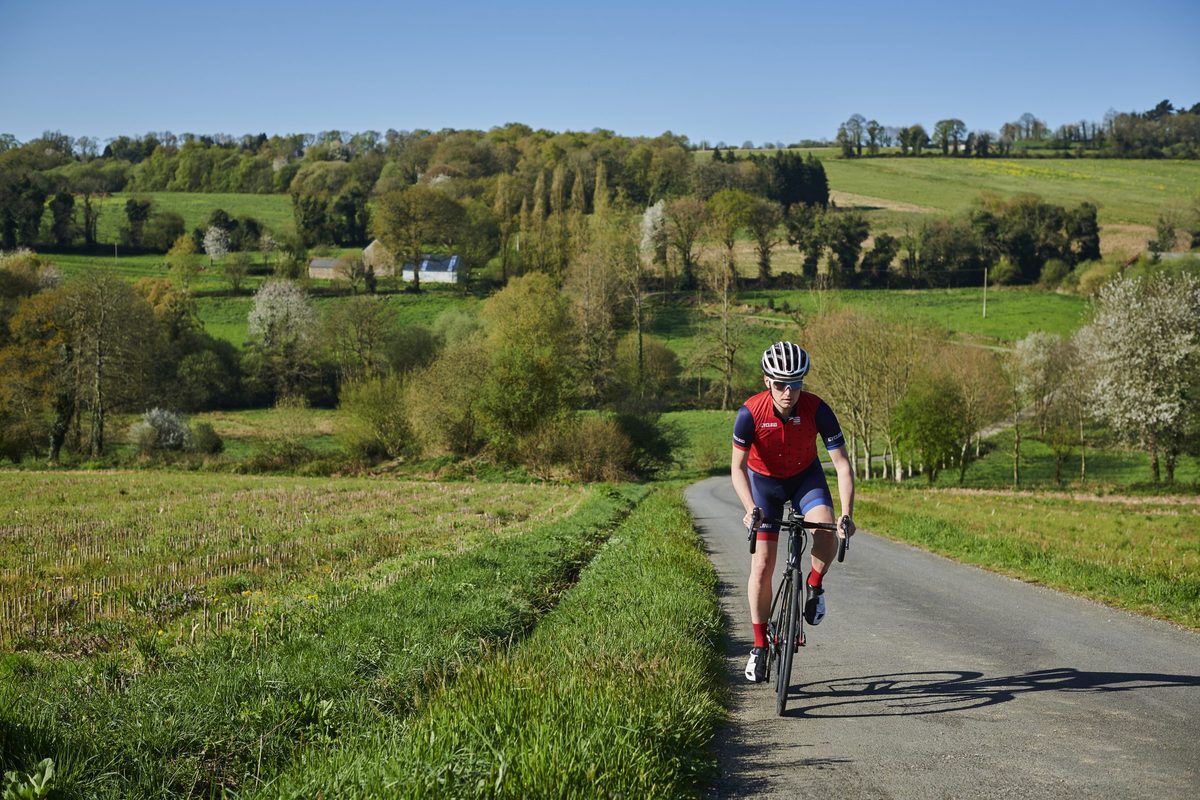Know yourself
One of the finest books to keep you on track is The Brave Athlete: Calm the F*ck Down, written by Dr Simon Marshall and multiple off-road triathlon world champion Lesley Paterson, and published in 2023.
I spoke to Marshall a few years ago (before he sadly died in 2024) and, as is illustrated in the book, he was a master at helping folk hit their goals through a mixture of psychology and neuroscience.
There were many takeaways from that enlightening chat, but here are three of the key ones…
Too many people are outcome-focused, meaning they don’t concentrate on the smaller victories before the bigger win (which more often than not, is never reached, because of not focusing on the smaller wins).
This approach sidesteps the most important element of goal-setting biology – the neurotransmitter dopamine.
Although it’s associated with pleasure, dopamine’s main role is keeping us on the right path toward hitting our goals.
If you teach yourself to microdose dopamine at regular intervals, you’ll receive a happy-hormone squirt that’ll please your brain and crank up the encouragement.
To open the dopamine floodgates, Marshall said, try to watch and listen to inspirational material, especially before a ride or meal.
This is an individual thing, but you can’t go wrong with YouTube hits of athletes overcoming adversity.
When it comes to self-control, early mornings are almost always better for exercise.
Neuroscientists and cognitive psychologists have discovered that we find it harder to take on a challenge the later in the day it gets.
That’s because the part of your brain responsible for self-control (the anterior cingulate cortex) tires just like a muscle.
Your emotional reserves to tackle a challenge and tolerate discomfort are eroded throughout the day because you’re constantly resisting temptation, stifling emotion and otherwise exerting self-restraint.
That’s why dreaming of a large glass of red wine at home becomes more appealing than mounting your smart trainer.
Basically, if you have the choice, work with your anterior cingulate cortex and train early in the morning.
Brick by brick
Struggling to cope with the bigger picture, be it a long session or consistent training?
Segment it. Why? Because your brain likes things in manageable chunks, and if things become tough, it deals with them better when not looking too far into the future.
Instead of thinking, “I can’t suffer this for 60 minutes”, think, “I can do 10 minutes”. Instead of “I can’t exercise regularly for eight weeks”, think, “I can get through today”.
Do that and it’ll be much easier, partly because of point one. Every time you tick off a segment, you’ll receive a motivating shot of dopamine.
To understand your mind and motivation, Marshall also recommended reading Atomic Habits by James Clear and Mindset by Carol Dweck.
